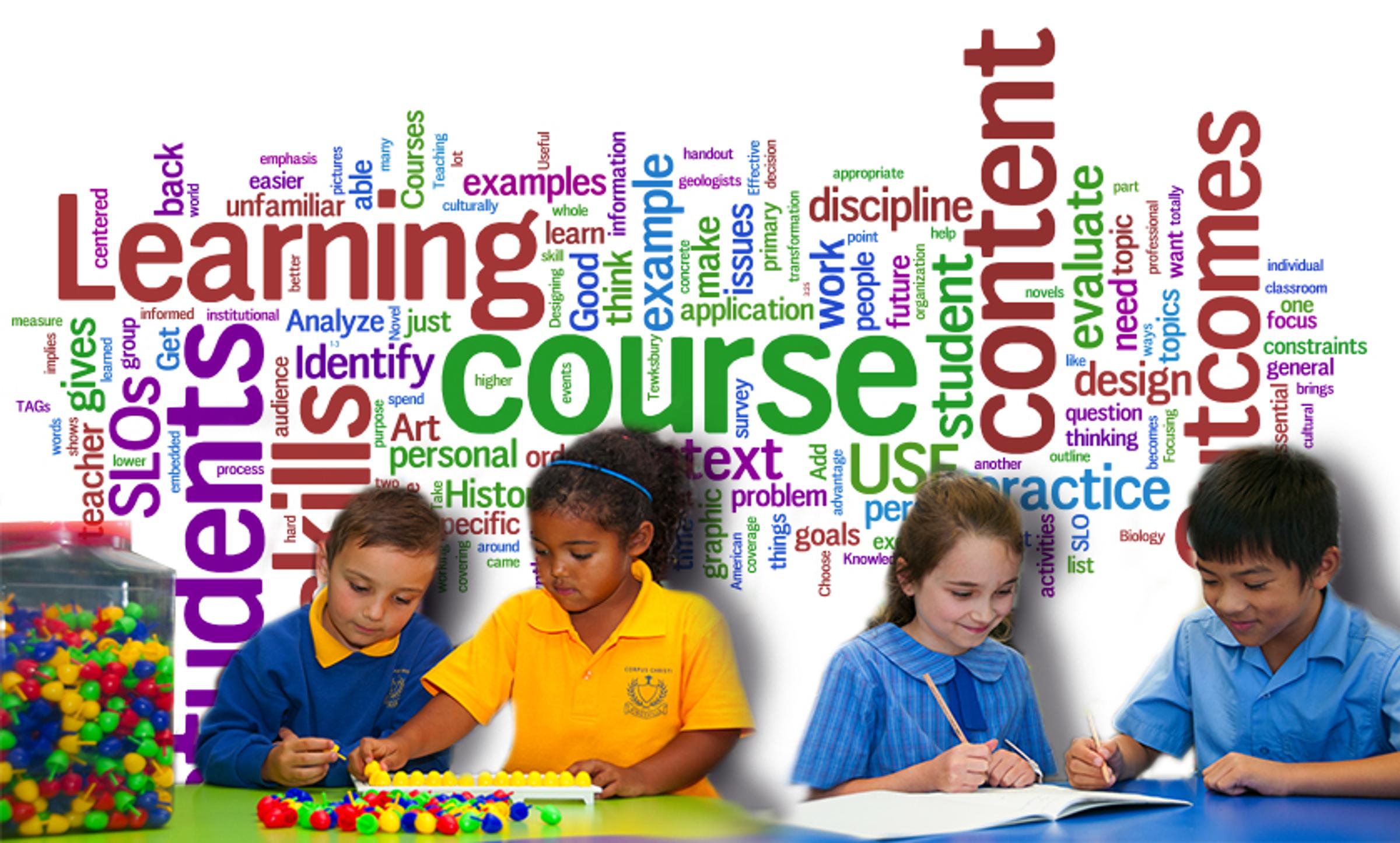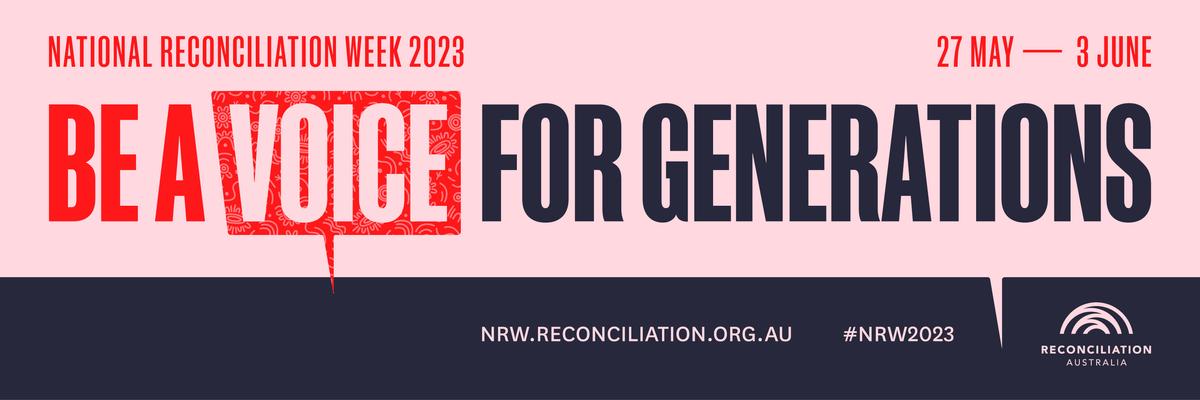Learning and Teaching

Reconciliation Week
Reconciliation Week 27 May - 3 June
“We acknowledge the Traditional Owners of the land, the Wurundjeri Woi Wurrung and Bunurong peoples of the Kulin Nation and pay our respect to their Elders, past, present and emerging. Ancestors have walked this country and we acknowledge their special and unique place in our nation’s historical, cultural and linguistic identity.”
Celebrating National Reconciliation Week (NRW) is a way of building community understanding and pride in reconciliation.
NRW is held from 27 May to 3 June each year, when all Australians can:
- reflect on our shared histories, cultures and achievements
- explore how we can join the national reconciliation journey.
Reconciliation Australia develops a different theme for National Reconciliation Week (NRW) each year. National Sorry Day is on 26 May, the day before NRW. The week then starts and ends with two important dates:
- 27 May – in 1967, 90% of Australians voted ‘yes’ in a referendum, giving the Australian Government power to make laws for Aboriginal and Torres Strait Islander people and count them in the census.
- 3 June – in 1992, the Australian High Court delivered the Mabo decision, recognising Aboriginal and Torres Strait Islander people’s special relationship with the land. This paved the way for land rights and Native Title.
The theme “Be a Voice for Generations’ encourages all Australians to be a voice for reconciliation in tangible ways in our everyday lives – where we live, work and socialise. National Reconciliation Week—27 May to 3 June—is a time for all Australians to learn about our shared histories, cultures, and achievements and explore how each of us can contribute to achieving reconciliation in Australia.
Over the next week, our students will be involved in different classroom activities to commemorate Reconciliation Week.
Deborah Courtney
Director of Learning and Teaching

